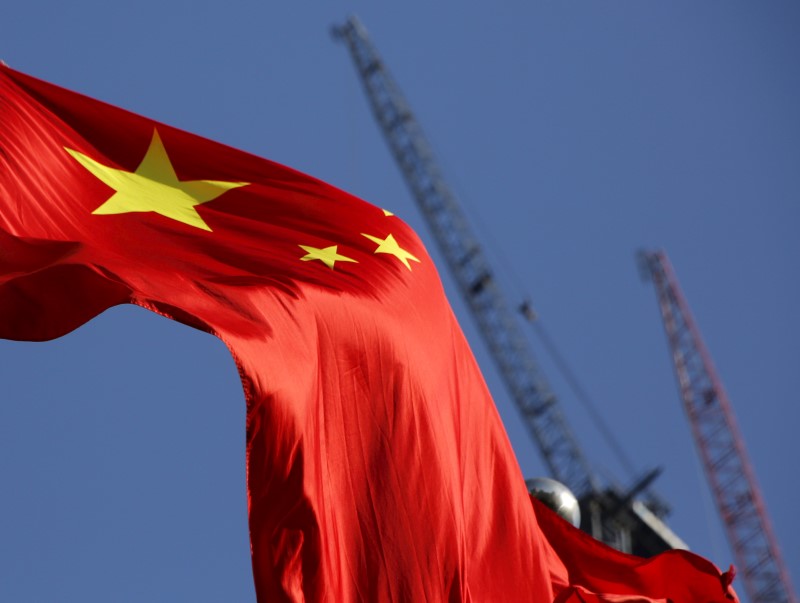By Barani Krishnan
Investing.com -- Crude prices rose for a second day in a row Tuesday on bets China will be pressured by its protesting citizens to reopen its economy from COVID lockdowns and over speculation that OPEC+ might cut output further when the oil producing alliance meets at the weekend.
New York-traded West Texas Intermediate, or WTI, neared the key upside test of $80 a barrel, while London’s Brent traded comfortably above the $85 mark. Both benchmarks sank to 11-month lows a day earlier.
“Markets are surging on reports that China may ease up a bit on COVID restrictions,” Phil Flynn, energy analyst at Chicago’s Price Futures Group, said, noting that Chinese President Xi Jinping was “already blaming lower-level government officials for being too strict on his Zero-COVID policy.”
China’s top health officials have pledged to rectify coronavirus control measures to reduce their impact on people’s lives in the world’s top oil importing nation, after the protests erupted against the government over the weekend, CNN reported. COVID infections also declined for the first time in a week amid ramped-up efforts to vaccinate elderly Chinese folk.
WTI for January delivery settled at $78.20 per barrel, up 96 cents, or 1.2% on the day. The U.S. crude benchmark hit a session high of $79.56 earlier, nearing the key $80 test. In Monday’s session, WTI sank to $73.61, its lowest since December 2021, before settling up 0.6%. Notwithstanding this week’s rebound, WTI remains down more than 9% for November.
Brent for February delivery was at $84.43 per barrel by 15:00 ET (20:00 GMT), versus Monday’s settlement of $83.19. Brent hit a 13-month low on Monday, sinking to $80.83, before pulling back to close up 0.2%. For all of November, the global crude benchmark is down more than 10%.
Tuesday’s rebound was also spurred by expectations that OPEC+ will add to production cuts at its Sunday meeting, to be conducted virtually over a Zoom, versus October when the 23-nation strong alliance convened in person at OPEC’s headquarters in Vienna, Austria.
OPEC+ — which groups the Saudi-led 13-nation OPEC, or Organization of the Petroleum Exporting Countries, with 10 oil producing allies steered by Russia already has in place an agreement to cut production by 2 million barrels per day till end of next year to boost crude prices, which have fallen some 40% from their March highs.
Last week, Saudi Energy Minister Abdulaziz bin Salman indicated that the alliance will likely add to cuts when it meets this coming weekend.
Traders who are long the market are betting that OPEC+ might double down on its 2-million-barrel cut. Some think the group might stand pat.
Whatever the case, there was consensus on one thing: China’s oil demand was falling due to its COVID crisis and OPEC had to be cautious with production if it did not want another market collapse.
Brent had traded just shy of $140 in March while WTI had breached $130. The 40% slump since was partly due to concerns that the United States might land in a recession from excessive rate hikes by a Federal Reserve determined in clamping down on runaway inflation. U.S. jobs numbers for November, due Friday, could shed light on the Fed's next course of action.
Still, much of the crude price weakness was centered on China, which analysts said could experience a demand slide of more than 1M barrels per day versus the norm.
“Chinese crude imports may go below 9M barrels per day in January," Amrita Sen, director of research at Energy Aspects, told Bloomberg Television in an interview on Tuesday.
Chinese oil imports stood at a five-month high of 10.2M barrels per day in October -- slightly above the pre-virus average -- after the government issued an additional fuel-export quota in an attempt to help revive the country’s economy.
“Our view remains that zero COVID will be in place through the winter,” Sen said, adding that Energy Aspects' base case is for China to reopen in April.
